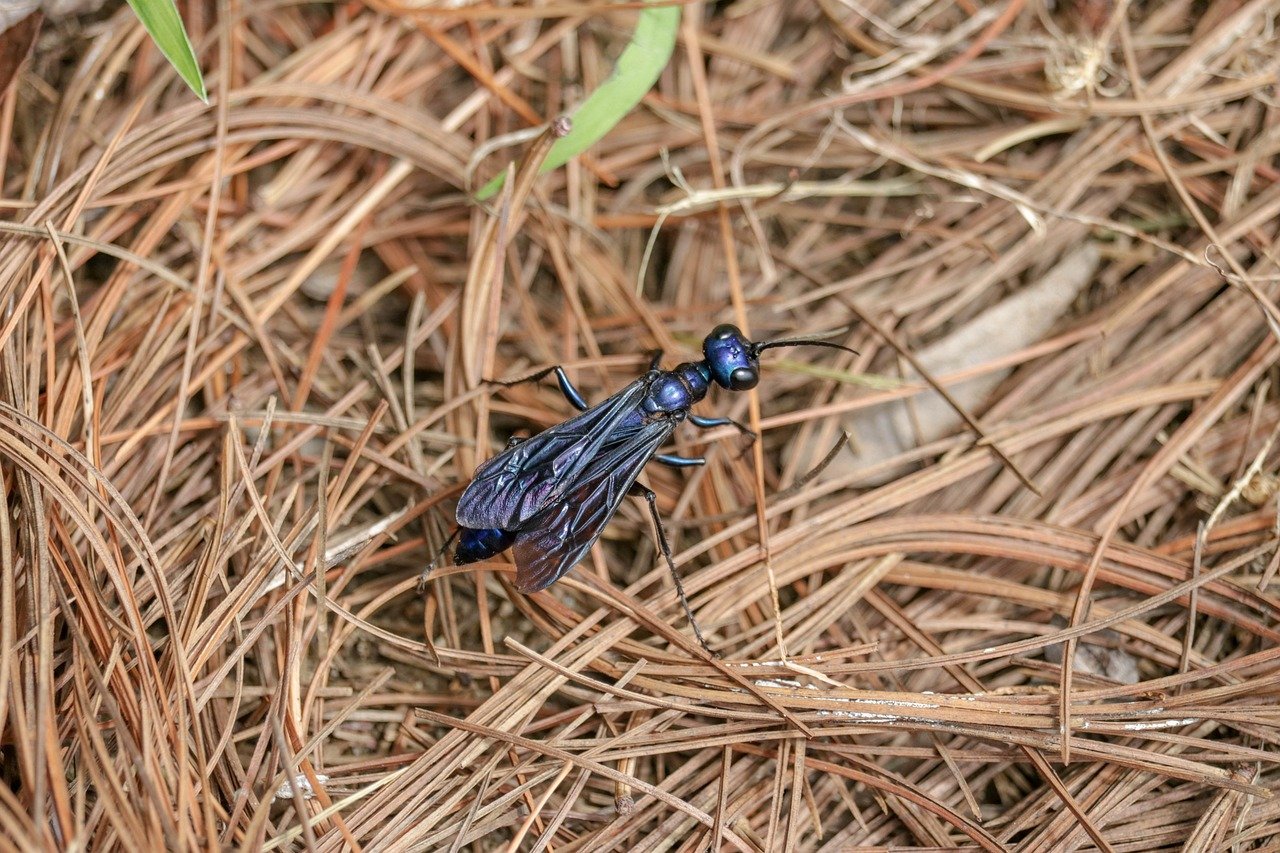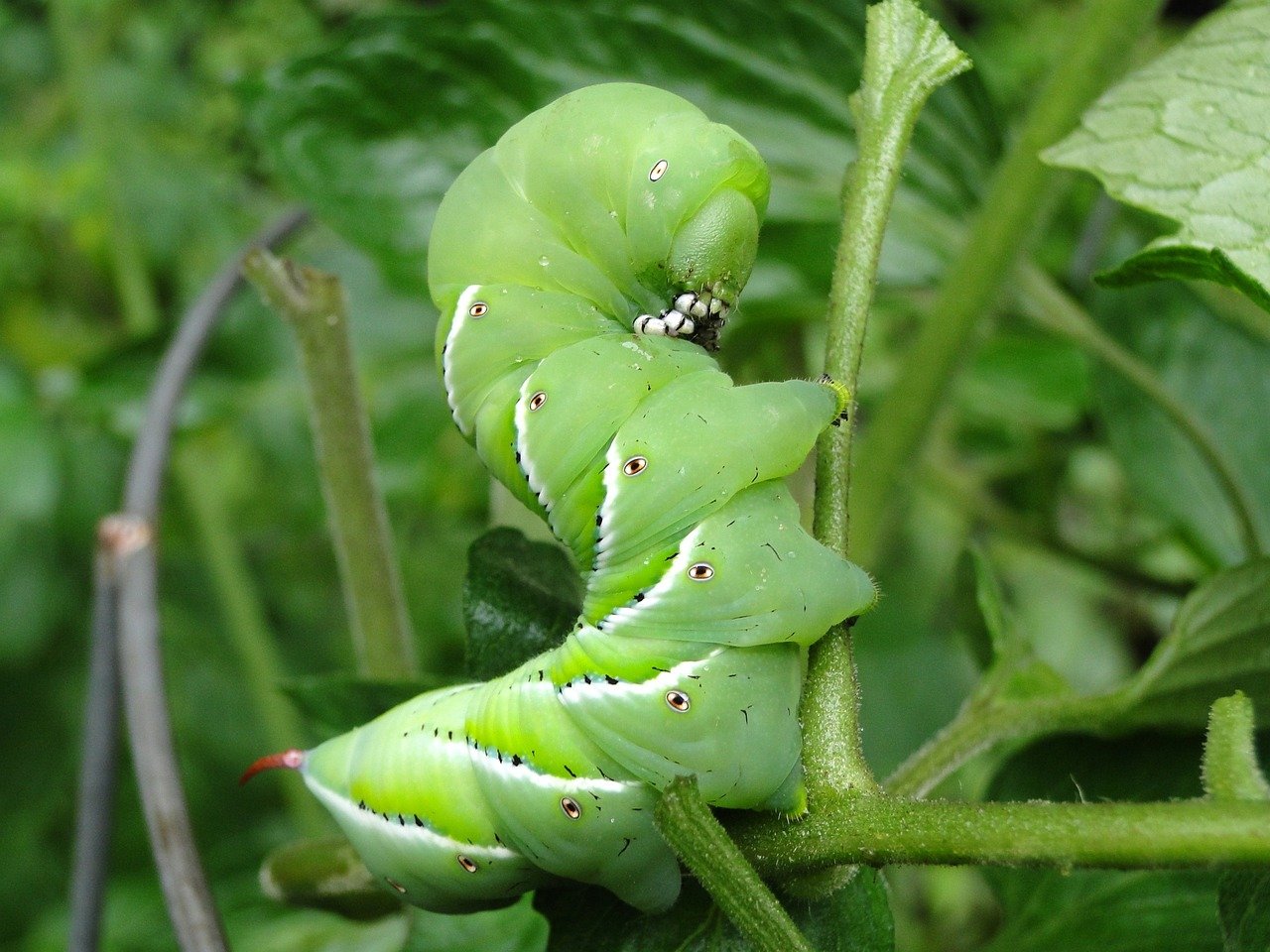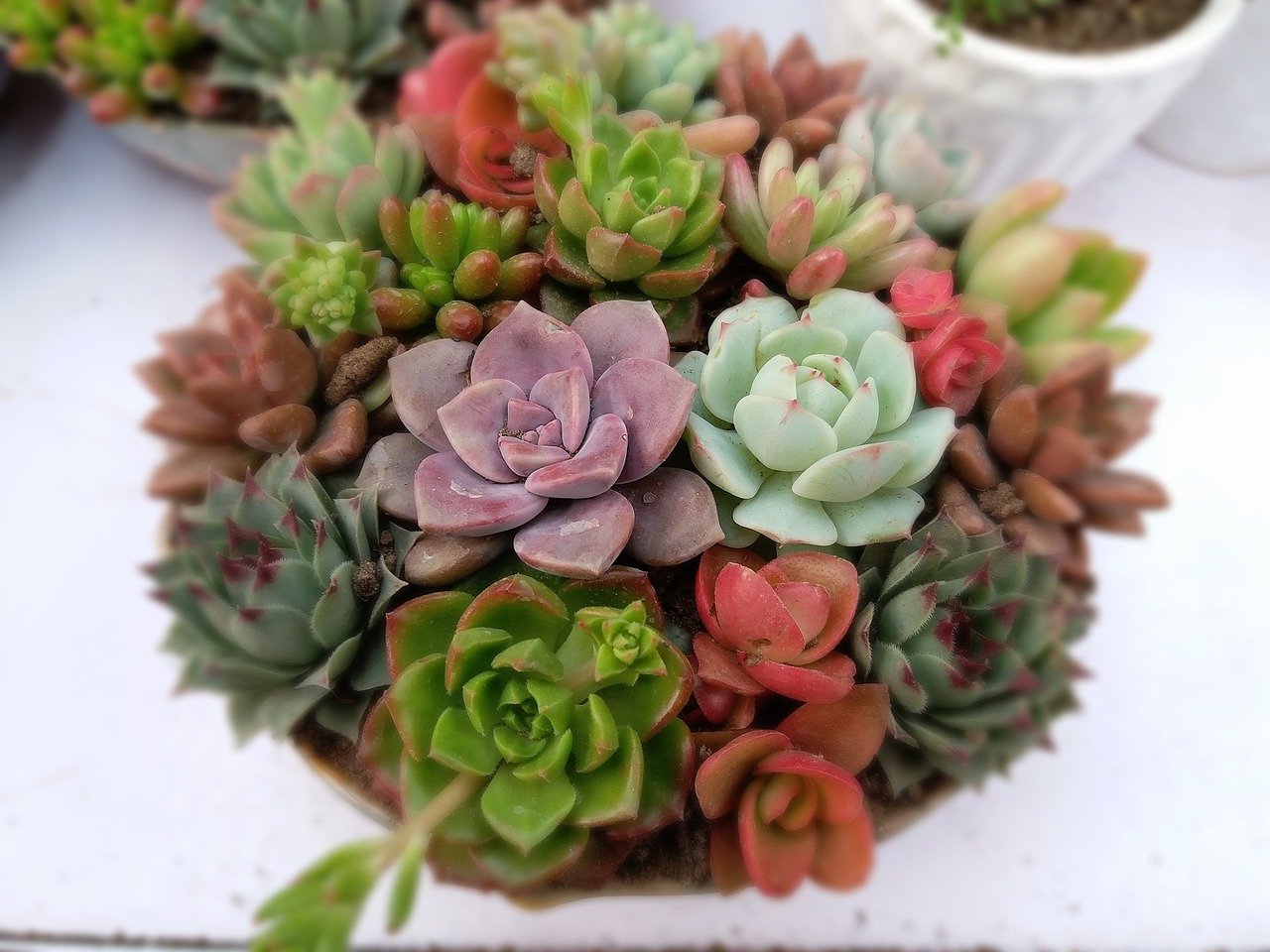
Do Pine Needles make good mulch
Introduction

Setting the Scene: The Majesty of Pine Trees
As you step into a tranquil forest, picture the majestic beauty of tall pine trees towering above, their emerald needles glistening in the sunlight that filters through the canopy. The air carries a hint of pine fragrance, evoking a sense of serenity and connection with nature. These ancient guardians of the forest have long been revered for their resilience and grace, casting dappled shadows on the forest floor.
The Role of Mulch: Unveiling Nature’s Blanket
Now, let’s delve into the often underappreciated world of mulch – nature’s blanket that nurtures and protects our gardens and landscapes. Mulch is not just a mere covering for bare soil; it plays a crucial role in maintaining soil health by regulating temperature, conserving moisture, suppressing weeds, and enhancing overall aesthetics. A well-chosen mulch can transform a mundane garden bed into a flourishing oasis teeming with life.
So, let us uncover the importance of this unsung hero in gardening and landscaping. Stay tuned for more insights as we explore whether pine needles truly make good mulch or if they are just another overrated garden myth waiting to be debunked!
Characteristics of Pine Needles
Pine needles, oh, where do I even start with these little wonders of nature? Let’s talk about their longevity – these bad boys can stick around for years without breaking down completely.
Unlike other mulches that seem to disappear into thin air, pine needles hold their ground and continue to provide benefits long after you’ve spread them in your garden. And don’t get me started on their acidity – yes, they might be slightly acidic, but guess what?
Most plants love it! It’s like a natural fertilizer for your precious green babies.
And the texture…oh, the texture! Soft yet sturdy, pine needles create a cozy blanket for your soil that screams “luxury” in the gardening world.
Benefits of Using Pine Needles as Mulch
Weed suppression? Check.
Moisture retention? Double-check.
Insulation for plant roots? You betcha!
Pine needles are like the triple threat of mulches when it comes to keeping your garden in tip-top shape. Weeds dare not show their pesky faces when faced with a barrier as formidable as a bed of pine needles.
And let’s not forget about moisture retention – in this scorching summer heat or bone-chilling winter frost, pine needles have got your back (or rather, your plant’s roots) covered. Plus, who doesn’t love the idea of snuggling up with a nice warm blanket during those cold nights?
Well, that’s exactly what pine needles do for your plants – they provide a cozy layer of insulation to shield them from extreme temperatures and harsh conditions. …pine needles aren’t just good mulch – they’re probably the best darn mulch you could ever ask for!
Environmental Impact
Sustainability of Pine Needles: Highlighting the renewable nature of pine needles
Let me tell you something fascinating about pine needles – they are a gift from nature that keeps on giving! Unlike other types of mulch that require frequent replenishment or synthetic materials that harm the environment, pine needles are a sustainable resource. Think about it – pine trees shed their needles regularly, providing us with a constant supply of this natural mulching material.
By using pine needles as mulch, you are not only beautifying your garden but also participating in a sustainable practice that promotes environmental well-being. Embrace the renewable nature of pine needles and let them work their magic in your garden.
Decomposition Process: Detailing how pine needles break down over time, enriching the soil
Now, let’s talk about the decomposition process of pine needles – a truly remarkable journey from mulch to soil enrichment. As pine needles break down over time, they release valuable nutrients into the soil, such as nitrogen and potassium. This decomposition process not only helps improve soil structure but also enhances its fertility, creating a nurturing environment for your plants to thrive.
Contrary to popular belief that pine needle mulch may create acidic soil conditions, the gradual breakdown of these needles actually contributes to maintaining a balanced pH level in the soil. So, next time someone doubts the benefits of using pine needle mulch, educate them on how this natural material enriches the very foundation of your garden – the soil.
Garden Beds: Tips for using pine needles in flower beds and vegetable gardens
Let me tell you, dear readers, if you want your flower beds and vegetable gardens to flourish like never before, then pine needle mulch is the way to go. Not only does it provide an aesthetically pleasing appearance with its natural rustic look, but it also offers numerous benefits.
One essential tip is to apply a layer of pine needles around your plants, making sure to avoid direct contact with stems or trunks. This will help suppress weeds while retaining moisture in the soil, creating an optimal environment for your precious plants to thrive.
Landscaping Ideas: Creative ways to incorporate pine needle mulch in outdoor spaces
When it comes to landscaping with pine needle mulch, the possibilities are as vast as the forest itself. Picture this – a winding pathway lined with glistening pine needles, leading you through a garden paradise. You can use pine needle mulch not only as ground cover but also in decorative ways such as creating patterns or borders in your outdoor spaces.
Consider layering different textures and colors of mulch for a visually appealing effect. Let your creativity run wild and transform your garden into a tranquil haven using the versatile beauty of pine needles.
Debunking the Acidifying Soil Myth
Oh, the infamous myth that pine needle mulch will turn your soil into an acidic wasteland! It’s time to set the record straight and debunk this erroneous belief once and for all. Yes, it is true that pine needles have some level of acidity, but the idea that they will drastically alter the pH of your soil is simply preposterous.
In reality, pine needle mulch has a gradual and minimal effect on soil pH, making it suitable for most plants unless you are dealing with extremely alkaline-loving species. Don’t let baseless fears prevent you from using this fantastic organic material in your garden; embrace the natural benefits of pine needles without worrying about acidifying your precious soil.
Addressing Fire Hazard Concerns

Let’s talk about another misconception that seems to spread like wildfire – pun intended. The fear that using pine needles as mulch poses a significant fire hazard near structures is wildly exaggerated.
Yes, dry pine needles can be flammable under extreme conditions, but so can many other common mulching materials like dried leaves or wood chips. As responsible gardeners, we must understand that proper maintenance and common sense are key in preventing any potential fire risks.
Keeping your mulch moist and regularly clearing away debris are simple steps to mitigate any fire concerns. Instead of succumbing to irrational fears, let’s focus on the beauty and benefits that pine needle mulch brings to our gardens while practicing safe gardening practices to ensure a harmonious coexistence with nature.
Fun Facts About Pine Needles
Historical Significance: Exploring how indigenous cultures used pine needles for various purposes
Pine needles have a rich historical significance, especially among indigenous cultures who recognized the versatile uses of these natural wonders. From practical applications to spiritual rituals, pine needles were revered and utilized in various ways. Native Americans, for instance, used pine needles for weaving baskets and mats due to their flexibility and durability.
The aromatic properties of pine needles were also valued, with some tribes burning them as incense during ceremonies to purify the air and ward off negative energies. These historical practices showcase the deep connection between humans and nature, highlighting the importance of respecting and harnessing the resources provided by pine trees.
Wildlife Habitat: Describing how pine needle mulch can attract beneficial insects and wildlife

When it comes to creating a thriving ecosystem in your garden or landscape, look no further than pine needle mulch. Not only does it provide excellent insulation for plant roots and help retain moisture in the soil, but it also acts as a magnet for beneficial insects and wildlife. The textured layers of pine needles create an ideal habitat for insects like ladybugs, beetles, spiders, and earthworms that play vital roles in maintaining ecological balance by preying on harmful pests or aiding in decomposition processes.
Additionally, small mammals such as chipmunks and birds find shelter and food within the layers of pine needle mulch, turning your outdoor space into a bustling haven of biodiversity. Embrace nature’s design by incorporating pine needle mulch into your landscape not just for its practical benefits but also for its ability to support a thriving ecosystem right at your doorstep.
Conclusion
Embrace the Natural Elegance of Pine Needle Mulch
It is undeniable that using pine needle mulch in your gardening endeavors can truly elevate the health and aesthetics of your outdoor space. The longevity and durability of pine needles as mulch provide a sustainable solution for weed suppression, moisture retention, and insulation for plant roots.
By incorporating pine needle mulch into your garden beds and landscaping projects, you are not only reaping the benefits of this natural material but also contributing to a more eco-friendly approach to gardening. Embrace the rustic beauty and practical advantages of pine needle mulch – your plants will thank you for it!




